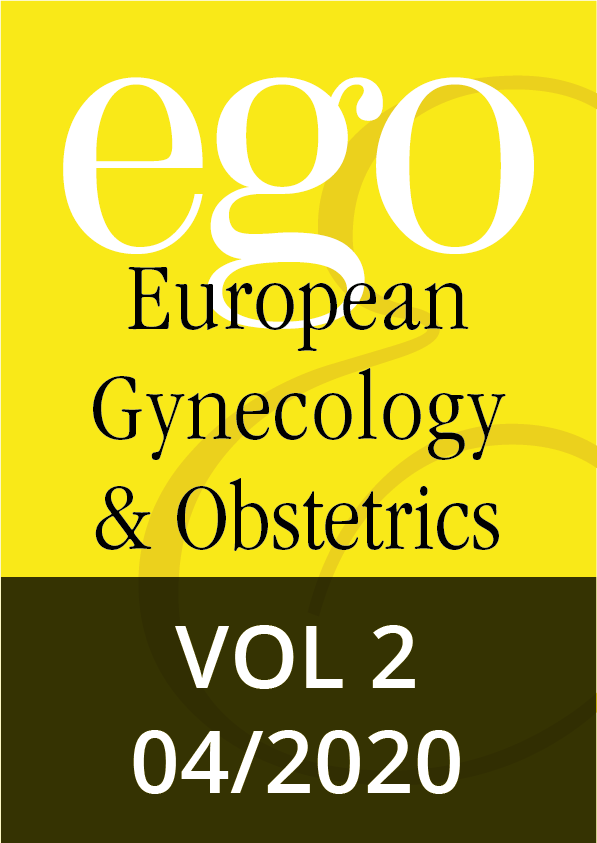Position paper, 198–204 | DOI: 10.53260/EGO.202041
Reviews, 205–209 | DOI: 10.53260/EGO.202042
Case reports, 210–213 | DOI: 10.53260/EGO.202043
Case reports, 214–217 | DOI: 10.53260/EGO.202044
Original articles, 218–222 | DOI: 10.53260/EGO.202045
Original articles, 223–233 | DOI: 10.53260/EGO.202046
Original articles, 234–238 | DOI: 10.53260/EGO.202047
Original articles, 239–245 | DOI: 10.53260/EGO.202048
Original articles, 246–248 | DOI: 10.53260/EGO.202049
Original articles, 249–254 | DOI: 10.53260/EGO.2020410
Original articles, 255–261 | DOI: 10.53260/EGO.2020411
General well-being, health behavior and health concerns of women in seven western European countries based on a new questionnaire, the Women’s Well-being Index
Abstract
Background and Purpose: An important aspect of women’s overall health is their psychological and social well-being. An online survey study was conducted using a purpose-developed questionnaire (Women’s Well-Being Index; WWBI) to gain insight into the well-being, health behavior and health concerns of women.
Methods: The WWBI questionnaire was designed to capture women’s general behavior with regard to health and daily life activities, and specific behavior and attitudes towards contraception, infertility and menopause. In June 2017, 7000 women aged 16–59 years from seven European countries (1000 women per country) completed the survey. Based on responses to 39 statements reflecting daily life priorities, nine independent factors influencing well-being were identified and weighted to arrive at the calculated WWBI value.
Results: Participating women had a moderately good opinion of their circumstances, as reflected by the mean calculated WWBI value of 64 on a 0 to 100 scale (0 = feeling poorly; 100 = feeling excellent). Attitudes/expectations concerning family/family life and financial stability had the greatest influence on well-being, although with considerable variation among countries. The survey identified health priorities for women (e.g. contraceptive methods for younger women), exposed knowledge gaps (regarding contraception, menopause and infertility), and indicated limited interest in health promotion/screening measures.
Conclusions: The WWBI survey study provides useful insight into priorities regarding well-being and health behavior, and health-related beliefs and concerns, among a large sample of European women.
Keywords: contraception, infertility, menopause., questionnaire, survey., well-being, Women’s health
Citation: Janczura R.,Bitzer J.,Turek P., General well-being, health behavior and health concerns of women in seven western European countries based on a new questionnaire, the Women’s Well-being Index, EGO European Gynecology and Obstetrics (2020); 2020/04:223–233 doi: 10.53260/EGO.202046
Published: October 1, 2020
ISSUE 2020/04

Position paper, 198–204 | DOI: 10.53260/EGO.202041
Reviews, 205–209 | DOI: 10.53260/EGO.202042
Case reports, 210–213 | DOI: 10.53260/EGO.202043
Case reports, 214–217 | DOI: 10.53260/EGO.202044
Original articles, 218–222 | DOI: 10.53260/EGO.202045
Original articles, 223–233 | DOI: 10.53260/EGO.202046
Original articles, 234–238 | DOI: 10.53260/EGO.202047
Original articles, 239–245 | DOI: 10.53260/EGO.202048
Original articles, 246–248 | DOI: 10.53260/EGO.202049
Original articles, 249–254 | DOI: 10.53260/EGO.2020410
Original articles, 255–261 | DOI: 10.53260/EGO.2020411
